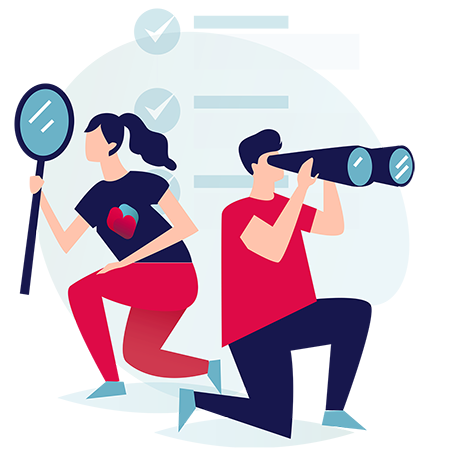From big purchases to holidays and home improvements, a loan unlocks so many possibilities – and the money could be with you very soon.
- Simple, easy application
- We search lenders to get you the best deal
- 5-star customer service
- No impact on your credit score
- No upfront fees or hidden charges
Are you a homeowner or a tenant?


No hassle or headaches.
We’ve developed our own advanced technology platform to help get your quote quickly – and your money could be with you in just ten days.
- Loans from £10,000 to £500,000
- Lowest interest rates available
- All credit profiles considered
- As a leading Credit Broker and not a lender we search a panel of lenders
- Fixed and variable terms available
- 5 Star customer service awarded by our customers
We work hard –
you get the best deal.
Because we’re a credit broker, not a lender, we’re able to search a panel of leading lenders to find the loan that suits you best.
Got a less-than-perfect credit history? No need to worry.
Got CCJs or defaults? The chances are, we’ll still be able to help.
Even if you’ve been made bankrupt, debt consolidation with Believe could still help get your finances back on track.

How It works

Step 1.
Simple, easy application

Step 2.
We search our panel of lenders to find the deal that’s right for you

Step 3.
When you confirm your chosen deal, we get your application moving

Step 4.
The money lands in your bank
account – usually within two weeks
We compare loans from our panel of the UK’s top lenders to get you the best deal.
BELIEVE
Mon – Thursday 9am – 7:30pm
Friday 9am – 3pm
Call from a mobile or Landline:








